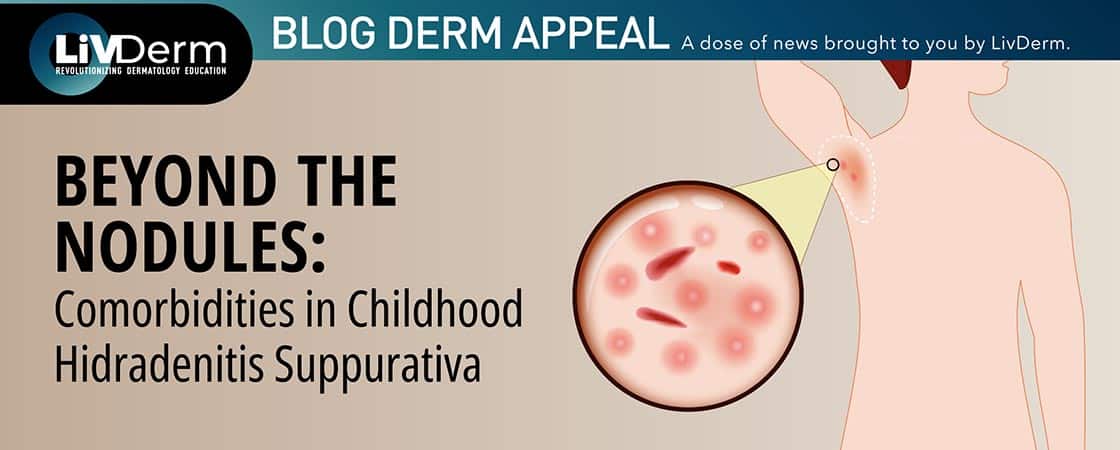Cancer remains as the second leading cause of death in the United States making early-stage diagnoses, which greatly improve patient survival rates, a key priority for public health. As cancer screenings can increase early detection it is important to address the lack of adequate insurance coverage and access to medical care that prevents many individuals from undergoing these examinations. Previous research has reported that Medicaid expansions both reduce the cost barriers to care and increase rates of cancer screenings thus improving the rates of early-stage disease detection.
Not only do expansions of health insurance policies have the potential to increase early cancer detection but they can also reduce the incidence of late-stage cancer diagnoses which tend to result in a poor prognosis. Per data from an emerging study published in the American Journal of Preventive Medicine, Medicaid expansion was associated with an increase in early-stage cancer diagnoses within the first year and a decrease in late-stage diagnoses 3 years after expansion.
Cancer Screenings in the Medicaid Population
The recent study aimed to assess the effects of the Affordable Care Act Medicaid expansions on rates of early- and late-stage cancer diagnosis up to 3 years after their implementation. To do so Lauren Lin of the University of Pittsburgh School of Medicine and her colleagues utilized data gathered from the Surveillance, Epidemiology, and End Results Program cancer registry data from 2010 to 2016. The population-based analysis included 732 counties.
Researchers estimated multivariate event study regressions to compare annual changes in county-level rates of cancer diagnoses in states that had expanded Medicaid benefits compared with those that did not.
Increased Early-Stage and Decreased Late-Stage Diagnoses
The team of investigators reported that Medicaid expansion was significantly associated with an increase in early-stage cancer diagnoses of approximately 21.3 per 100,000 population – or 9.14% – during the first year of its implementation. In the following two years, the results continued to trend positive, however, they were smaller and not statistically significant.
Additionally, the study’s authors noted a marginally significant reduction in late-stage diagnoses of approximately 8.7 per 100,000 population – or 5.7% – relative to baseline statistics at three years after Medicaid expansion. No detectable effect was noted between the total number of diagnoses and benefit expansion.
According to the study’s findings, the rates of early-stage cancer diagnosis increased within the first year of Medicaid expansion yet slowed down in the subsequent years. However, rates may be affected by changes in enrollment patterns, increased early-stage diagnoses, pent-up patient demand, preventative care protocols, as well as the current pandemic environment which has decreased healthcare utilization. In addition, evidence of reductions in late-stage cancer diagnoses in the third year of Medicaid expansion, implicate the potential role of public health insurance in improving cancer outcomes among the population.
Overall, the findings may suggest that the initial response to expanded benefits was a result of pent-up patient demand for screening services which may repeat in the near future as COVID-19 restrictions and the global pandemic environment have greatly reduced the rates of healthcare usage.

















